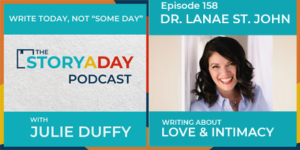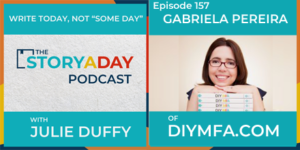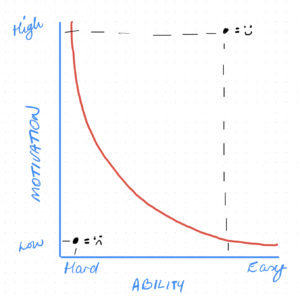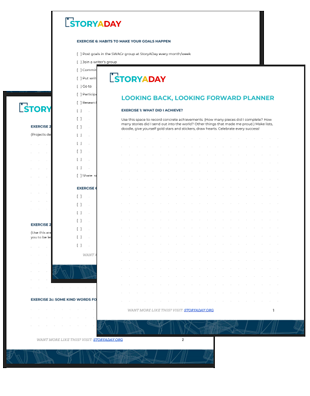Writing is self-directed, so reaching out for support is essential. It can, however, invite unhelpful comparisons with other writers who have different strengths and who are at different stages.
In this episode I explore the writing life through the lens of Martin Seligman’s Positive Psychology and think about the ways we can celebrate our triumphs at every stage.

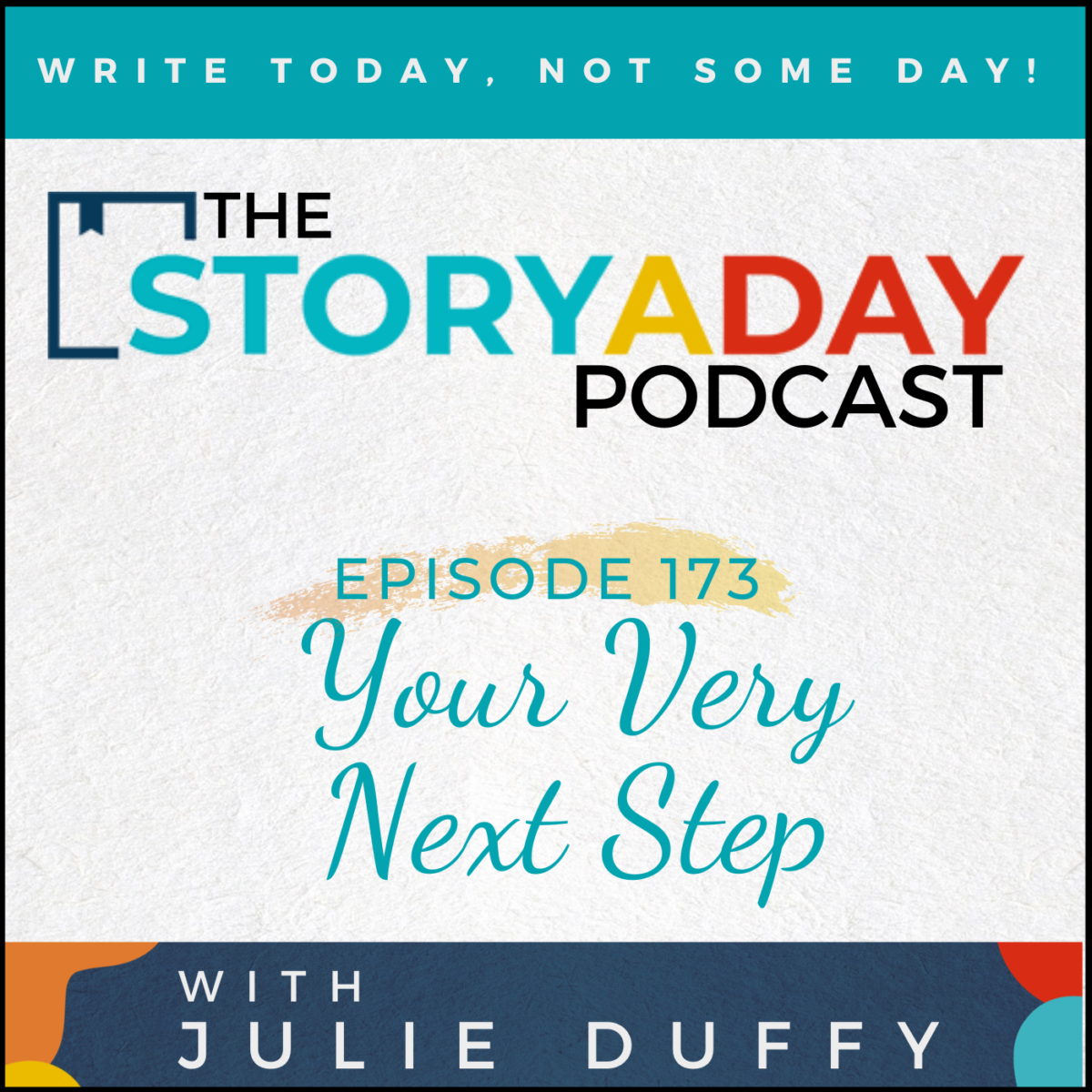
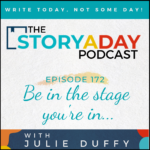
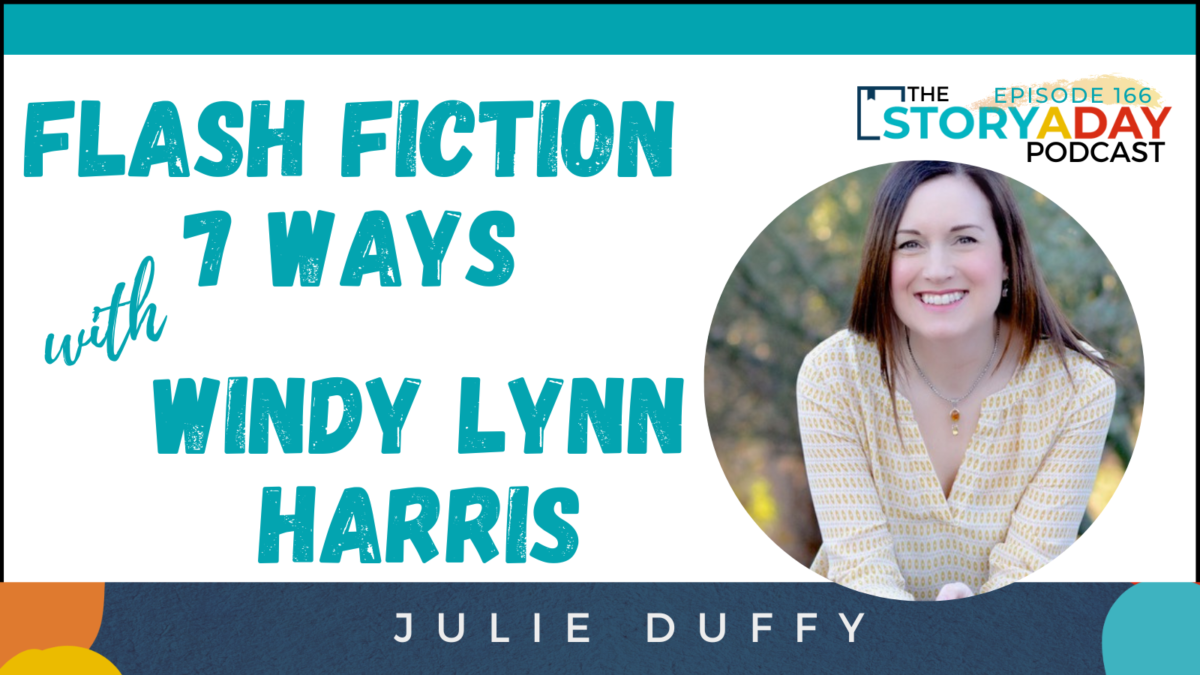
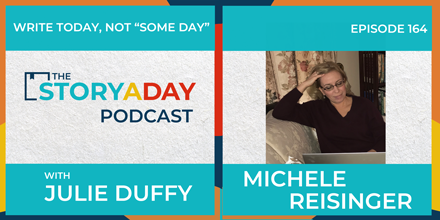
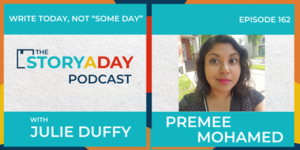
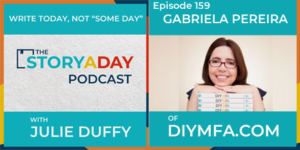 As well as running DIYMFA, Gabriela Pereira often speaks at conferences about issues other than the writing craft, including entrepreneurship and mental illness.
As well as running DIYMFA, Gabriela Pereira often speaks at conferences about issues other than the writing craft, including entrepreneurship and mental illness.